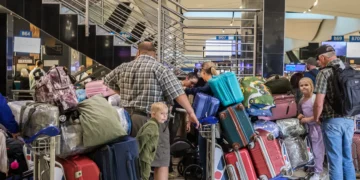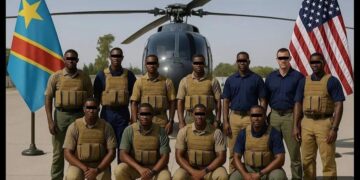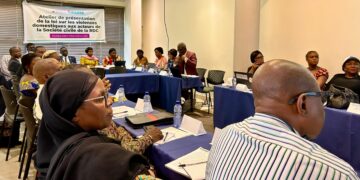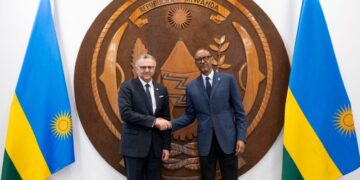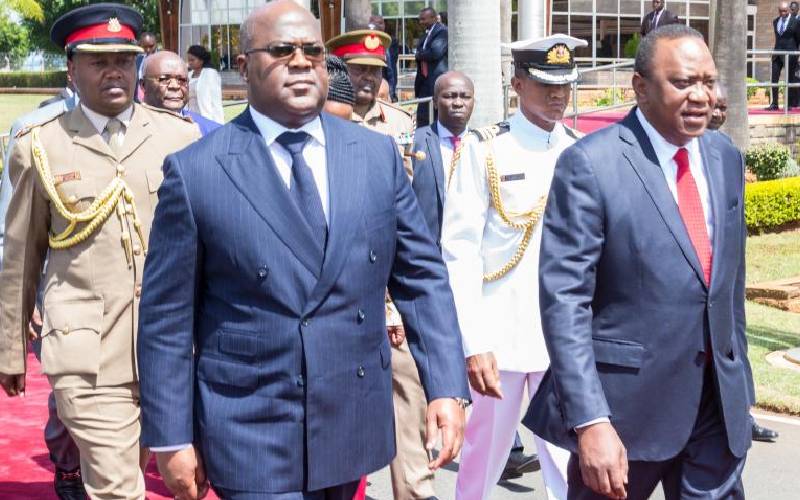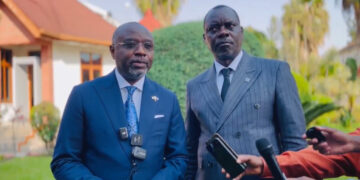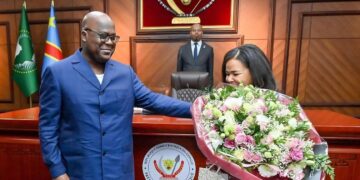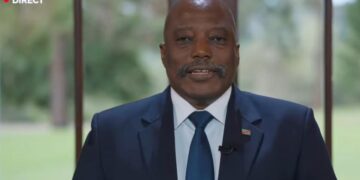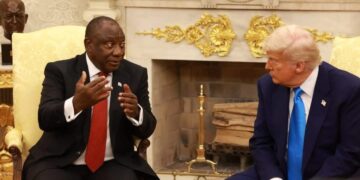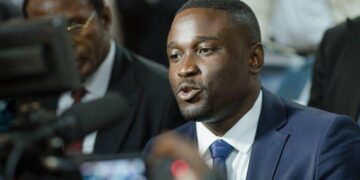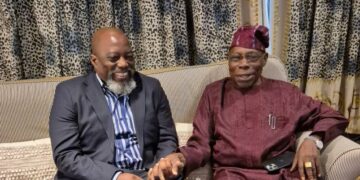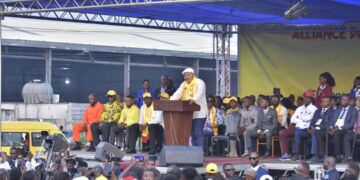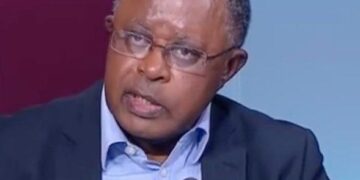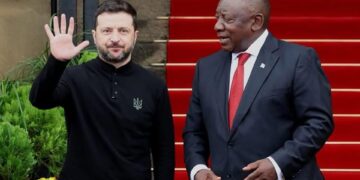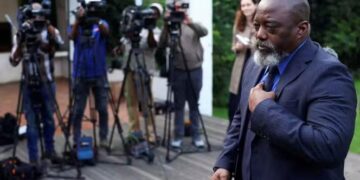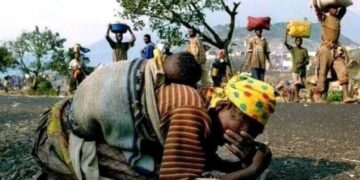“The liberation struggle was not fought to liberate one’s village or one’s province, but the whole country,” Chiwenga declared in his address, drawing attention to the spirit of unity and inclusiveness that underpinned Zimbabwe’s fight for independence.
His remarks come amid growing public and political concern over what critics are calling the “villagisation” of the Zimbabwean state, referring to the increasing concentration of power among President Emmerson Mnangagwa’s close associates—predominantly from the Midlands and Masvingo provinces. The trend has sparked accusations of cronyism and tribal favouritism, with political observers warning of the potential erosion of national cohesion.
The phenomenon, now widely referred to as the “Karangarisation” of the state—a term derived from Mnangagwa’s Karanga ethnic identity—is being used to describe the systematic appointment of the president’s clansmen and loyalists to strategic positions within government and key public institutions. Critics argue that these appointments are entrenching regional and ethnic dominance, undermining meritocracy and alienating other communities from the governance of the country.
Chiwenga’s comments are being interpreted by some as a veiled rebuke of this trend, a call to return to the founding ideals of the liberation movement, and a subtle reminder that no single group has ownership of the nation’s destiny.
As tensions simmer within the ruling Zanu PF party and across the broader political landscape, Chiwenga’s intervention may signal growing unease within the establishment about the long-term implications of perceived regionalism and patronage politics on national unity and stability. Whether his message will lead to meaningful shifts in policy and appointments remains to be seen.


